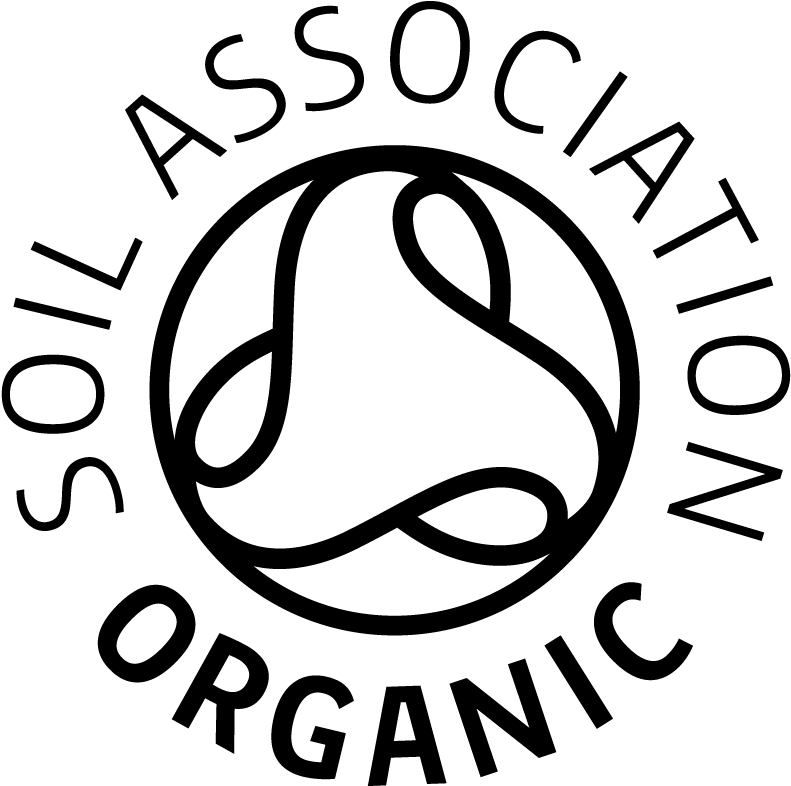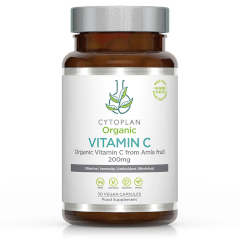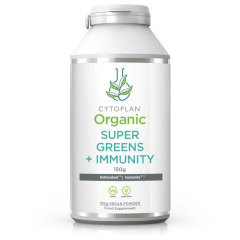 Our organic range
Our organic range
The supplements in our organic range of supplements are derived from fruits, vegetables and botanicals that have naturally high levels of certain nutrients. All our products are free from pesticides, herbicides and genetically modified organisms. Selected products are also certified as organic by the Soil Association.
There are a variety of benefits for choosing a more organic lifestyle. The two most common among these are personal health and impact on the environment. There are several factors that can affect the nutritional quality of food such as climate, soil type and degree of ripeness. Studies comparing organic and conventional systems therefore require that plants are cultivated in similar soils under similar climatic conditions and are sampled at the same time.
Top tips for living an organic lifestyle:


Labels & logos


Check the labels and look for the logo: can you see organic certification?
Where has the product been produced? Consider how the animals and land have
been cared for.


Grow your own


If you have the space, growing your own food can be a great hobby and gives you control over the produce you eat. Consider starting with small plants e.g. thyme or basil can add extra flavour to a meal.


Get outdoors


Living an organic lifestyle isn't just about what you consume but how you live. Many of us have demanding jobs so spending time outdoors in nature can have lots of benefits especially for mental health.


What is the Soil Association?
The Soil Association is the UK’s leading organic certifier offering a huge range of organic and sustainable certification schemes across food, farming, catering, health and beauty, textiles and forestry. The Soil Association was founded in 1946 by a group of people who were concerned about the health implications of increasingly intensive farming systems following the Second World War.
Their main concerns were:
• The loss of soil through erosion and depletion • Decreased nutritional quality of food
Exploitation of animals • Impact on the countryside and wildlife









